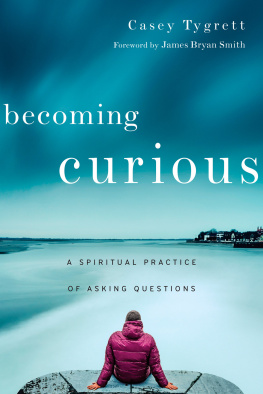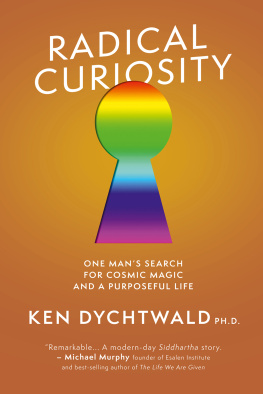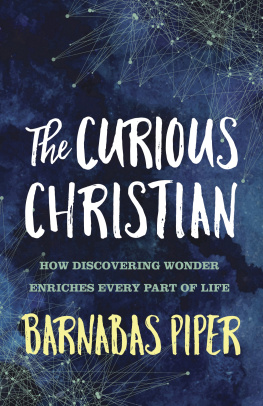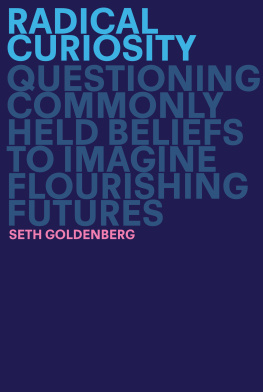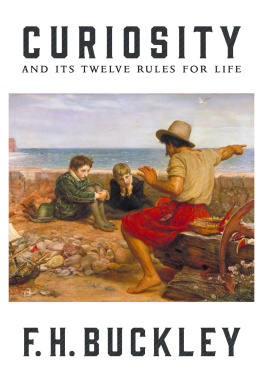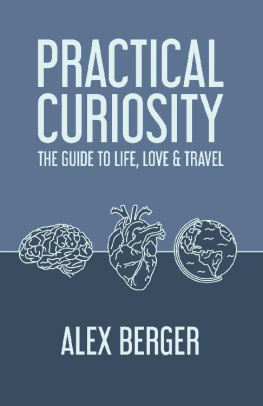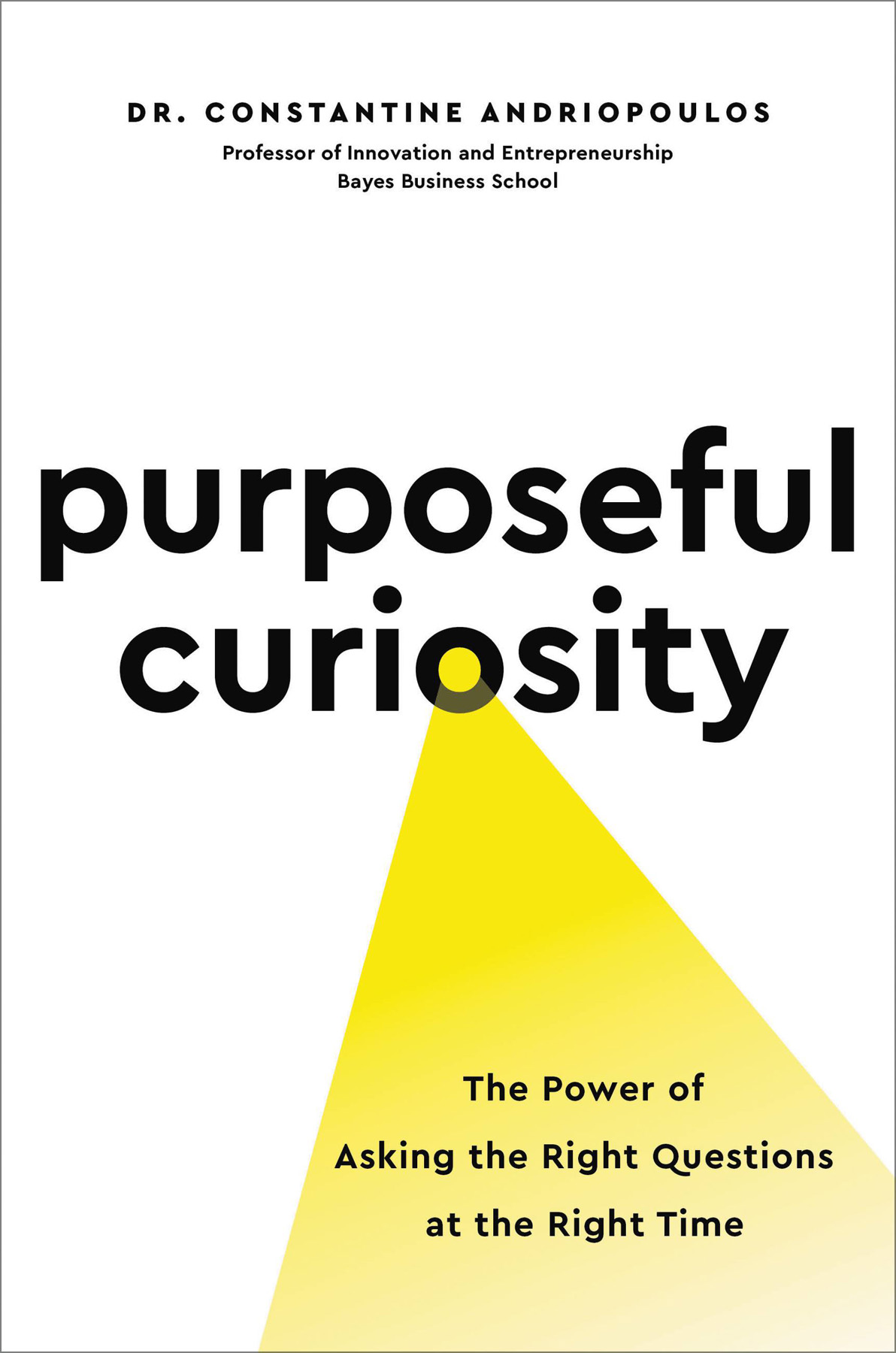
Copyright 2022 by Konstantinos Andriopoulos
Jacket design by Terri Sirma
Jacket copyright 2022 by Hachette Book Group, Inc.
Hachette Book Group supports the right to free expression and the value of copyright. The purpose of copyright is to encourage writers and artists to produce the creative works that enrich our culture.
The scanning, uploading, and distribution of this book without permission is a theft of the authors intellectual property. If you would like permission to use material from the book (other than for review purposes), please contact permissions@hbgusa.com. Thank you for your support of the authors rights.
Hachette Go, an imprint of Hachette Books
Hachette Book Group
1290 Avenue of the Americas
New York, NY 10104
HachetteGo.com
Facebook.com/HachetteGo
Instagram.com/HachetteGo
First Edition: October 2022
Hachette Books is a division of Hachette Book Group, Inc.
The Hachette Go and Hachette Books name and logos are trademarks of Hachette Book Group, Inc.
The publisher is not responsible for websites (or their content) that are not owned by the publisher.
Library of Congress Control Number: 2022942380
ISBN: 9780306847363 (hardcover), 9780306847387 (ebook)
E3-20220906-JV-NF-ORI
To Lydia,
the most curious girl in the world
The mind is not a vessel to be filled, but a fire to be kindled.
Plutarch
It was a warm summer afternoon on Mykonos, a Greek island known for its picturesque town, gorgeous beaches, and vibrant nightlife. Iraklis Zisimopoulos, my best friend, whom I have known since we were both seven years old, and I were talking about his new hospitality ventures on the island. At one point, he interrupted our conversation, turned to me, and said, You must be the most annoying person in the world! I was taken aback by his comment. Puzzled, I asked, What do you mean?
You fire one hundred questions per minute. I cant stand you! he replied laughing. Were supposed to be having a quiet afternoon, and you act like an investigator. What will you do with all this information, anyway? Will you ever use it?
I dont know, I replied. I find what youre doing quite interesting, but to be honest, its doubtful that Ill use any of what youre telling me.
Guilty as charged: I am a curious person, actively engaged in the act of learning and exploring. Perhaps Im a bit too curious at times. Academics are like children. We share an unwieldy curiosity, but I had never thought of it as a problem, and so the conversation with my friend hit a chord. It bothered me for a while, but when the summer ended and I returned to London in the fall to teach at Bayes Business School, that summer day with my friend became a distant memory.
Throughout my professional life, I have been deeply invested in helping people advance their curiosity into new and better ways to live and create. This goal has served me well in my present roles at Bayes Business School (City, University of London): as professor of innovation and entrepreneurship, associate dean for entrepreneurship, and investment committee member of Bayes Entrepreneurship Fund (the schools venture capital fund). My passion for curiosity also informs my work as director of Avyssos Advisors Ltd., an innovation management consultancy, and as a business consultant and coach.
My mission is to inspire a movement that awakens purposeful curiosity as the foundation of innovation. I am personally invested in this cause because I am a father and an educator.
During the semester, I noticed that many of my students drifted from topic to topic, wanting to discover more about what they were learning but without the patience to drill down deeply into a specific subject. Their interest seemed superficial at best. My recognition of this tendency reminded me of the summer conversation I had with my old friend. I realized that my students didnt know how to channel their curiosity in a way that was useful for discovery and ideation. They didnt keep asking questions about a specific topic; they just moved on to the next thing.
Like many of us, they are distracted by the flood of information we are bombarded with through social media, newsletters, texts, email, and streaming services. They become like butterflies, flitting from flower to flower without landing on one long enough to drink deeply of its nectar.
We are the generation of right now. Instant gratification is expected because of the ease with which we can distract ourselves and the ton of information at our fingertips. We can order both food and romance from the comfort of our sofas. Technology has made us more complacent and draws us to an ever-increasing comfort zone. Streaming entertainment services, food delivery, and dating apps support the ecosystem of convenience.
When we dedicate considerable time to investigate, to find answers beyond the first glance, the obvious or expected can be exhilarating and deeply satisfying. |
The facts back me up: The internet has given us unprecedented access to knowledge that grows, like our curiosity, exponentially each year. There are 2.5 quintillion (a quintillion is a million trillion) bytes of data created each day.
I can be guilty of indulging in social media distraction, too. Like my students, I use my personal technology to go on aimless internet searches about both important and unimportant topics, gaining superficial knowledge before moving on to the next thing. The upside is convenience and novelty. The downside is that we can lose interest in any journey that takes more than a few minutes and a few clicks on our smartphones.
The easy access to ever-growing portals of information has created ideal conditions to satisfy our innate curiosity while at the same time encouraging a superficiality that prevents us from doing deep dives into subjects. Despite the rapid pace of technological advancements and the ease with which we can now find information instantly on our own for many topics, we are not witnessing an equivalent surge in deep curiosity journeys. In fact, the easy access to information and our connectedness seems to have had the opposite result. We have become addicted to breadth over depth, worshipping quick and straightforward answers. We want to know the answers to things even when there is no apparent benefit. In this book, I call this attitude frivolous curiosity . A recent study by Ming Hsu, a neuro-economist from University of California, Berkeleys Haas School of Business, and his team reported that our brains can overestimate the value of information that makes us feel good but that may not be useful. Dont get me wrong. In the right amounts, frivolous curiosity can be highly beneficial. It can help us leave the known path and experiment. Learning by chance something today may be helpful tomorrow. Its not that I am against this approach, but it should not be the norm. Why is going deep with our interest in a given subject or problem becoming more challenging than it was in the past? What is preventing us from channeling our curiosity more deeply and toward a defined purpose?
I decided to discover why this butterfly approach to intellectual exploration was growing and what it might mean for innovation,
Purposeful curiosity helps steer inquisitiveness toward goals that we care about and that give meaning to everything we do. By solving puzzles along our journey, we often uncover diverse new pathways, surfacing ideas, problems, and solutions that may be loosely related to the mystery and each other. The path to the destination, and even the destination itself, may be unclear. I wont claim that purposeful curiosity is always fun; it can be, of course, and it can also be difficult and frustrating. But that is where its value is. When we dedicate considerable time to investigate, to find answers beyond the first glance, the obvious or expected can be exhilarating and deeply satisfying. For a space explorer, successfully launching a rocket is an immense and complex challenge. For an Olympic athlete, winning a gold medal means a lifetime of hard work, both physical and mental, but the effort is worth it. For a soprano, hitting the right note is exceptionally difficult. For most of us, devoting sustained attention toward a challenging purpose is an arduous task! Yet, moving beyond your original boundaries of knowledge and skill is its own deeply satisfying reward.


